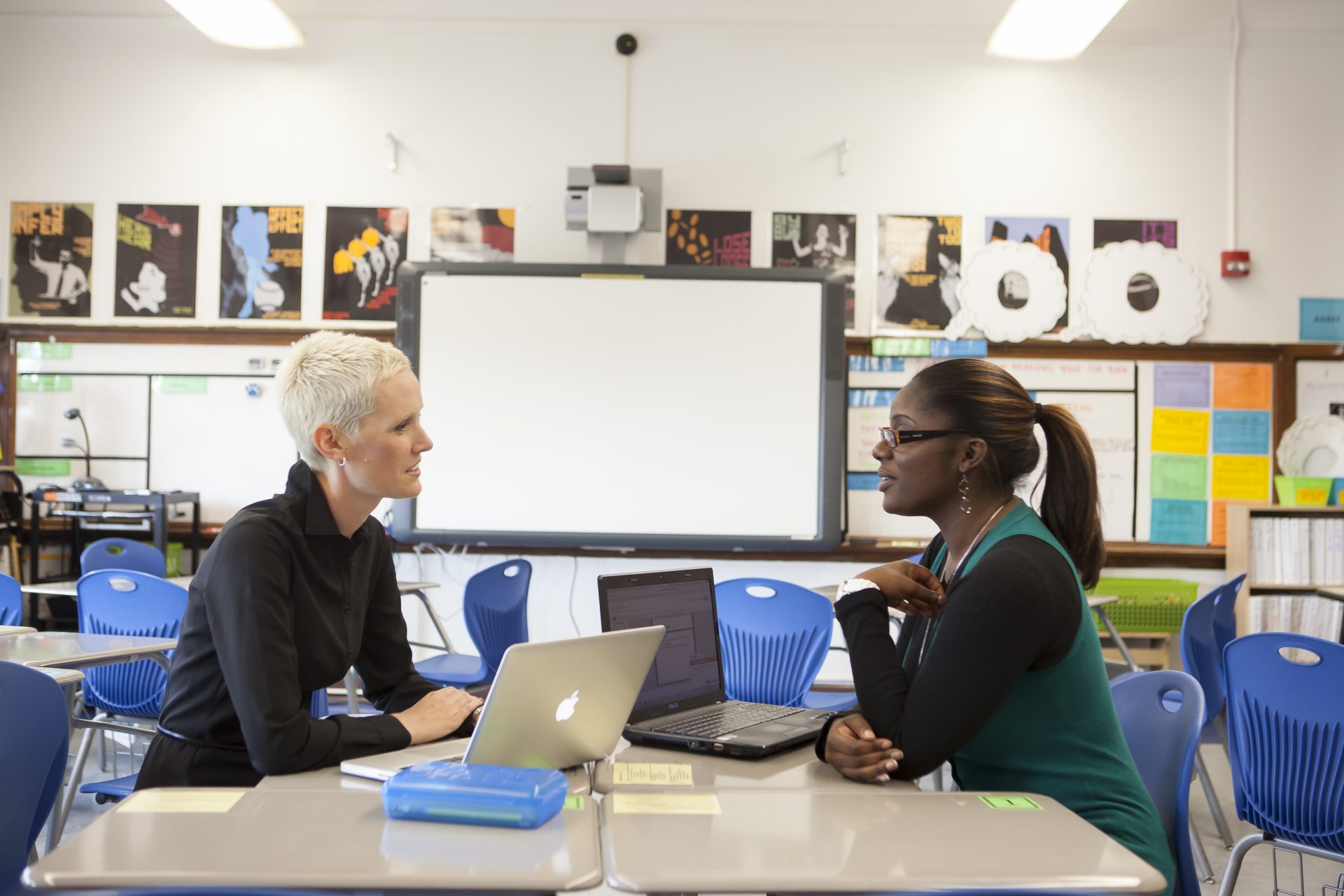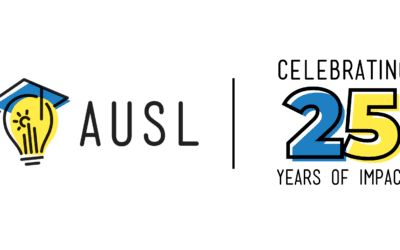[vc_row][vc_column][stm_title title_tag=”h3″ title=”Setting the Foundation for All Staff to Engage Productively in Schools”]Setting the Foundation for All Staff to Engage Productively in SchoolsSetting the Foundation for All Staff to Engage Productively in Schools[/stm_title][vc_row_inner][vc_column_inner width=”1/2″][vc_single_image image=”3958″ img_size=”full”][/vc_column_inner][vc_column_inner width=”1/2″][vc_column_text]An increasing number of research studies prove the negative influence of trauma on children’s development and academic achievement. Children who are impacted by trauma in their home life are more vulnerable to stress and often have difficulty expressing and controlling their emotions – at home and at school. Supporting students in managing through their lived experiences can be difficult, but is necessary today to overcome the impact on the student’s mental health and, in turn, their educational outcomes.[/vc_column_text][/vc_column_inner][/vc_row_inner][vc_column_text]Many of the students we serve at AUSL have experienced trauma outside of school. They enter our schools carrying complex emotions with no clear outlet. Given this, they often displace these emotions inside the school building on other students or the adults in charge, many times disrupting the teaching and learning process and setting themselves and others back on their educational journeys.
Across our 31 public neighborhood schools, we strive to improve all aspects of the teaching and learning environment where both students and adults in a school building truly feel safe, respected, and supported through a positive school culture.[/vc_column_text][stm_title title_tag=”h3″ title=”How do we do this at AUSL?”][/stm_title][vc_column_text]AUSL has developed a set of routines, protocols, and procedures that clarify expectations for how school should happen – for students and adults. At the same time, AUSL continuously develops high-quality staff, teachers, and leaders not only instructionally but as adults who are all working together to support students on their developmental and educational journeys. Through these two areas of focus, we create an invisible protective shield that surrounds and supports the student while protecting the teaching and learning process from external distractions. [/vc_column_text][vc_column_text]To ensure the high-quality staff, teachers, and leaders, AUSL provides professional development opportunities not only for teachers and school leaders but also support personnel across our schools on engaging with and persevering alongside students and families in the face of trauma in the home life. “We believe empowering and training all staff, including support personnel, is pivotal in promoting the safe and warm environment”, says Gerald Stewart, Manager of Educational Support at AUSL.
In Part 1 of this series, we will share a bit about how we develop support personnel.[/vc_column_text][/vc_column][/vc_row][vc_row][vc_column][vc_row_inner][vc_column_inner width=”1/2″][stm_title title_tag=”h3″ title=”Ensuring High-Quality Support Personnel”]QUali
[/stm_title][vc_column_text]AUSL’s POISED training provides support personnel – non-instructional staff in our school buildings – an opportunity to develop the skills they need to engage with students and families more actively and effectively.[/vc_column_text][/vc_column_inner][vc_column_inner width=”1/2″][vc_single_image image=”6459″ img_size=”full” alignment=”center”][/vc_column_inner][/vc_row_inner][vc_column_text]
- PROFESSIONALISM specifically focuses on professional dress, punctuality, proactiveness, proficiency in their area of work, and perseverance in the face of challenging circumstances when engaging with students and families.
- OWNERSHIP seeks to illuminate and clarify the responsibility of all staff as adults in the school building and as “first responders” to student needs – often seeing or hearing students’ need for support before any other adults in a student’s life.
- INTEGRITY emphasizes the expectation of engaging with students, families, and other staff with the highest degree of respect and authenticity (and in accordance to network and CPS policies).
- SKILLFULNESS focuses on building the capacity of support personnel to engage as a no-nonsense nurturer that makes no excuses for students engaging in disruptive behavior, maintains high academic achievement expectations for all students, and is nurturing and culturally responsive one-on-one and/or small groups.
- EMPOWERMENT underpins the entire curriculum and its spirit by using it to acknowledge and celebrate the value and importance of the role and the high quality of work expected of and being done by all of our staff.
- DEDICATION sets the expectation for support personnel that each individual has a responsibility for building a strong culture and that important work will require constant dedication.
[/vc_column_text][stm_title title_tag=”h3″ title=”Building Relationships With Our Students and Families”]Building Relationships With Our Students and Families[/stm_title][vc_column_text]We believe constant presence, communication, and professionalism build respect. To gain respect and, in turn, build strong relationships in the setting our schools, we first need to acknowledge with all adults in our school buildings how the unpredictability of student behavior, particularly when it is influenced by displaced emotions from experiences outside of school, can hinder that work. This training supports personnel in managing and persevering beyond this unpredictability to build relationships that will support students’ development.[/vc_column_text][vc_column_text]The “force field” created by clear routines and high-quality staff can protect students from external factors to break the cycle of trauma and promote a stable learning environment.
Stay tuned for Part 2 of this blog series will focus on how AUSL prepares teachers and school leaders to recognize, address, and support students that have experienced trauma.[/vc_column_text][/vc_column][/vc_row][vc_row][vc_column width=”1/4″][stm_btn_simple btn_style=”flat” btn_alignment=”center” btn_link=”url:http%3A%2F%2Fwww.auslchicago.org%2Fblog%2F|||” btn_link_text=”Return to Blog”][/vc_column][vc_column width=”1/4″][stm_btn_simple btn_style=”flat” btn_alignment=”center” btn_link=”url:http%3A%2F%2Fwww.auslchicago.org%2Fausl-advisory-services%2F|||” btn_link_text=”Advisory Services”][/vc_column][vc_column width=”1/4″][stm_btn_simple btn_style=”flat” btn_alignment=”center” btn_link=”url:http%3A%2F%2Fwww.auslchicago.org%2Fdonate%2F|||” btn_link_text=”Donate”][/vc_column][vc_column width=”1/4″][stm_btn_simple btn_style=”flat” btn_alignment=”center” btn_link=”url:http%3A%2F%2Fwww.auslchicago.org%2Fabout%2Fimpact-through-innovation%2F|||” btn_link_text=”Innovation Zone”][/vc_column][/vc_row][vc_row][vc_column][/vc_column][/vc_row]
















